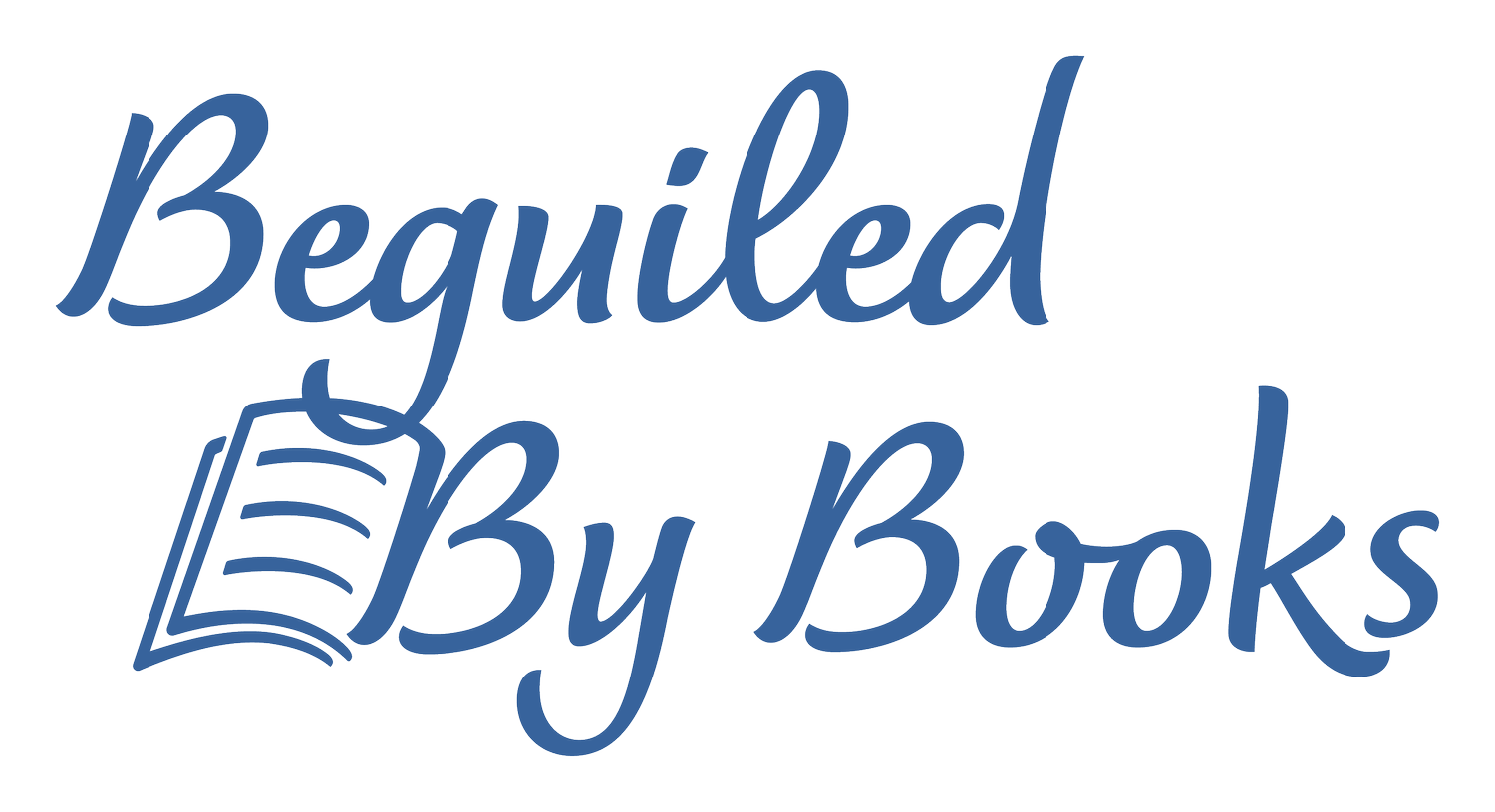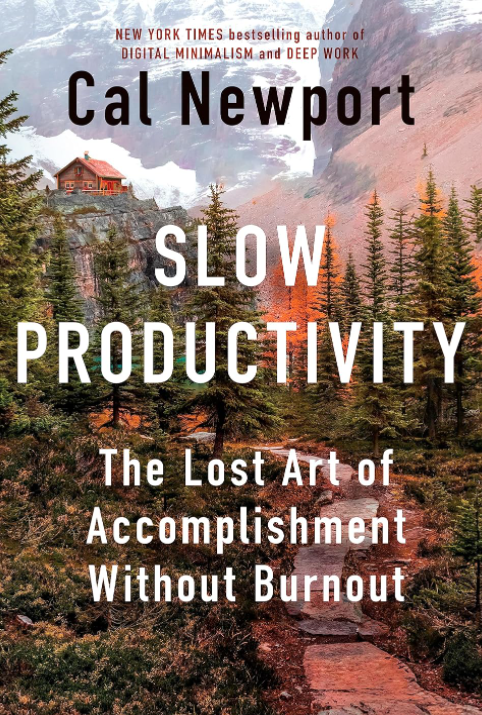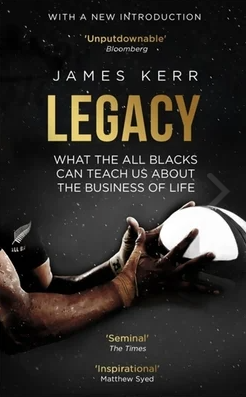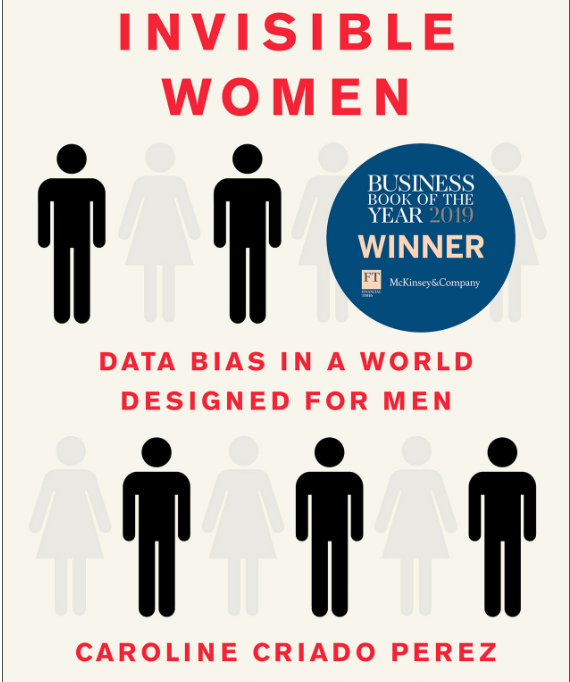Why You Shouldn’t Let ChatGPT Replace Reading — And What to Do Instead
Thinking of using ChatGPT instead of reading? Discover why that shortcut costs you growth — and how Beguiled By Books’ Reading Guides, Weekend Reader Challenges, and The Growth Library can help you fall back in love with real reading.
The Growth Library: 8 Books That Build Health, Wealth & Wisdom
Discover 8 transformative books that build your health, wealth, and wisdom. The Growth Library is a curated reading framework designed to help you live better, think deeper, and grow smarter — with practical insights that turn powerful ideas into lasting change. Build a life of balance, focus, and fulfillment through books.
From Page to Practice: How to Apply What You Read (Not Just Collect Notes)
Stop letting great books fade from memory. Discover simple, science-backed strategies to apply what you read, retain insights, and turn ideas into action. Perfect for lifelong learners, book lovers, and personal growth enthusiasts ready to make reading truly transformative.
The 10 Must-Read Self-Help Books to Change Your Life in 2025
Discover the top 10 life-changing self-help books of 2025 — transform your mindset, habits, and happiness with these must-reads.
How to Be F*cking Happy by Dan Meredith
I'm a huge believer that, as long as you’re still alive and your heart beats in your chest, you can change, you can improve, you can influence, you can motivate, you can build, and you can do better.
The Fish That Ate the Whale: The Life and Times of America's Banana King by Rich Cohen
As the plant grows, the stem uncoils, revealing new leaves, tender at first, rough at last. The fruit appears at the end of a cycle, growing from a stem that bends toward the ground under its own weight.
Slow Productivity: The Lost Art of Accomplishment Without Burnout by Cal Newport
The relentless overload that’s wearing us down is generated by a belief that “good” work requires increasing busyness—faster responses to email and chats, more meetings, more tasks, more hours.
The Happiness Advantage by Shawn Achor
Perhaps the most accurate term for happiness, then, is the one Aristotle used: eudaimonia, which translates not directly to “happiness” but to “human flourishing.”
Supercommunicators by Charles Duhigg
They subtly reflected shifts in other people’s moods and attitudes.
The Art of Gathering by Priya Parker
Gatherings crackle and flourish when real thought goes into them, when (often invisible) structure is baked into them, and when a host has the curiosity, willingness, and generosity of spirit to try.
The Cult of We: WeWork, Adam Neumann, and the Great Startup Delusion by Eliot Brown and Maureen Farrell
It’s a story about the toxic brew of confirmation bias, fuzzy math, and hubris. It’s a story about what people will do when they are allowed to spend other people’s money with minimal oversight.
Legacy: What the All-Blacks Can Teach Us About the Business of Life by James Kerr
‘The paradox,’ he says, ‘is that, though every organization thinks they have unique problems, many change issues are centred on one thing. The ability – or inability – to convert vision into action.’
Brotopia: Breaking Up the Boys' Club of Silicon Valley by Emily Chang
Privilege accumulates as you advance in life.
Gonzo Capitalism: How to Make Money in An Economy That Hates You by Chris Guillebeau
At some point in recent history, the global economy stopped making sense.
STFU: The Power of Keeping Your Mouth Shut in an Endlessly Noisy World by Dan Lyons
Talk less, get more. This book is about learning how to engage with the world in ways that give us an advantage.
The 4-Hour Workweek by Tim Ferriss
The commonsense rules of the “real world” are a fragile collection of socially reinforced illusions.
Reboot: Leadership and The Art of Growing Up by Jerry Colonna
And when we make mistakes—when we fail to lead—our identity; our sense of self; our self-esteem; our deeply held beliefs about what it will take to feel loved and safe and that we belong, as well as that most the basic ability to provide for ourselves and our loved ones, seems to implode.
The Creative Habit by Twyla Tharp
“Creativity is a habit, and the best creativity is a result of good work habits. That’s it in a nutshell.” - Twyla Tharp
Invisible Women: Data Bias in a World Designed for Men by Caroline Criado Perez
An interesting look into how humanity’s view of women has resulted in data bias around the world.




















